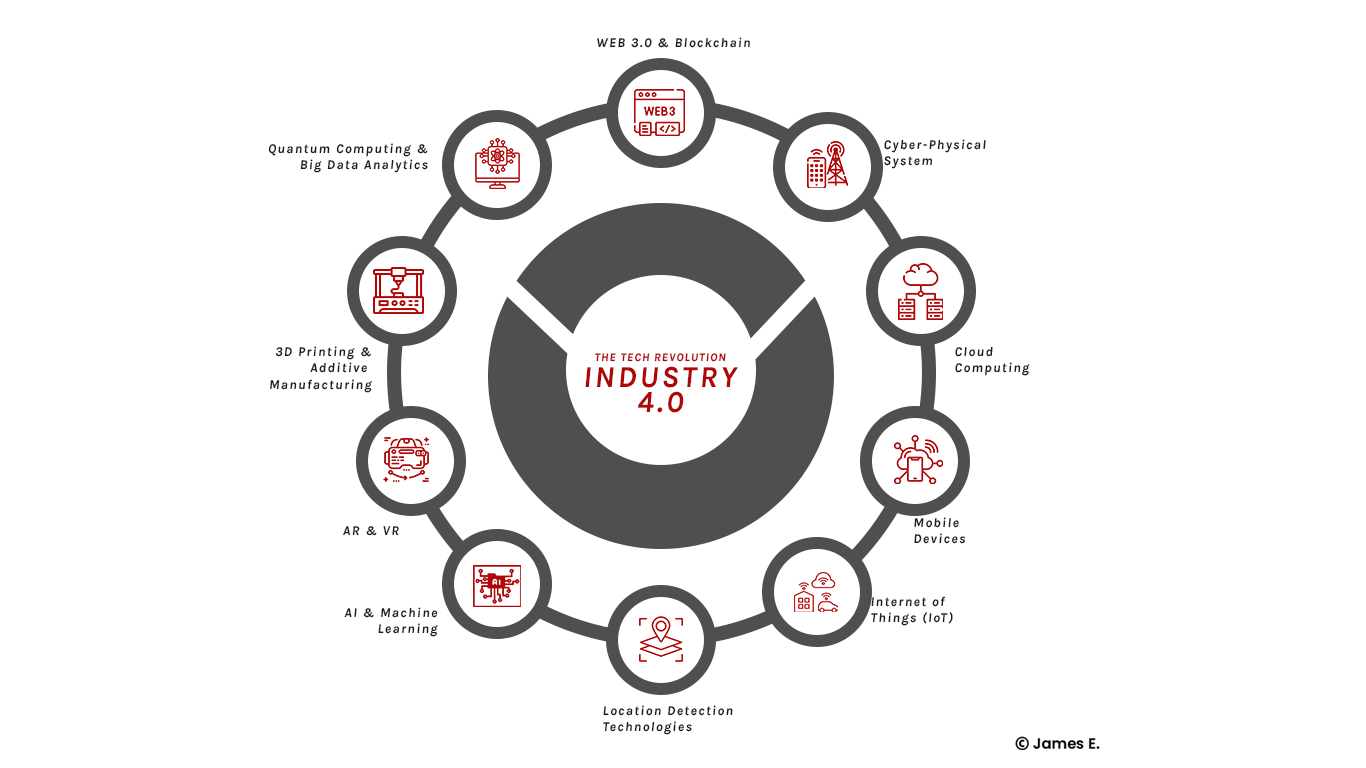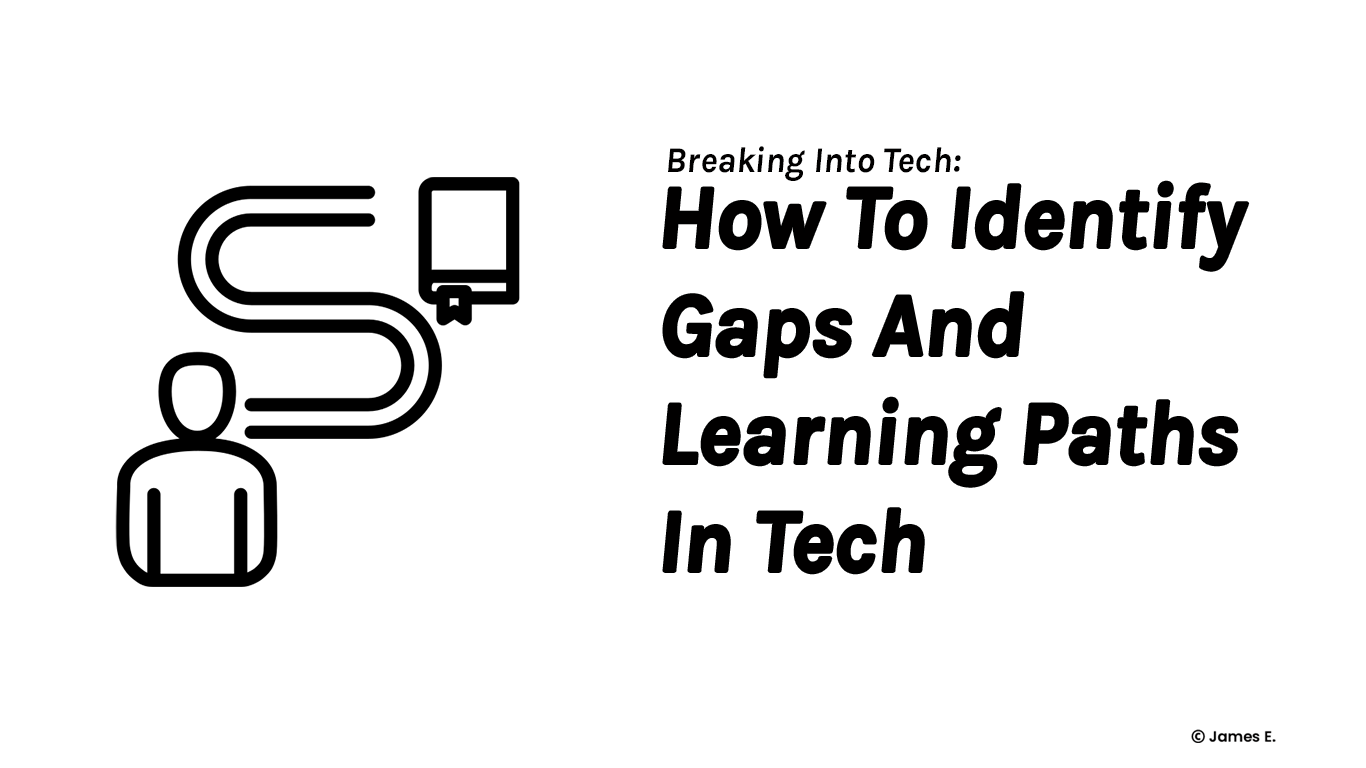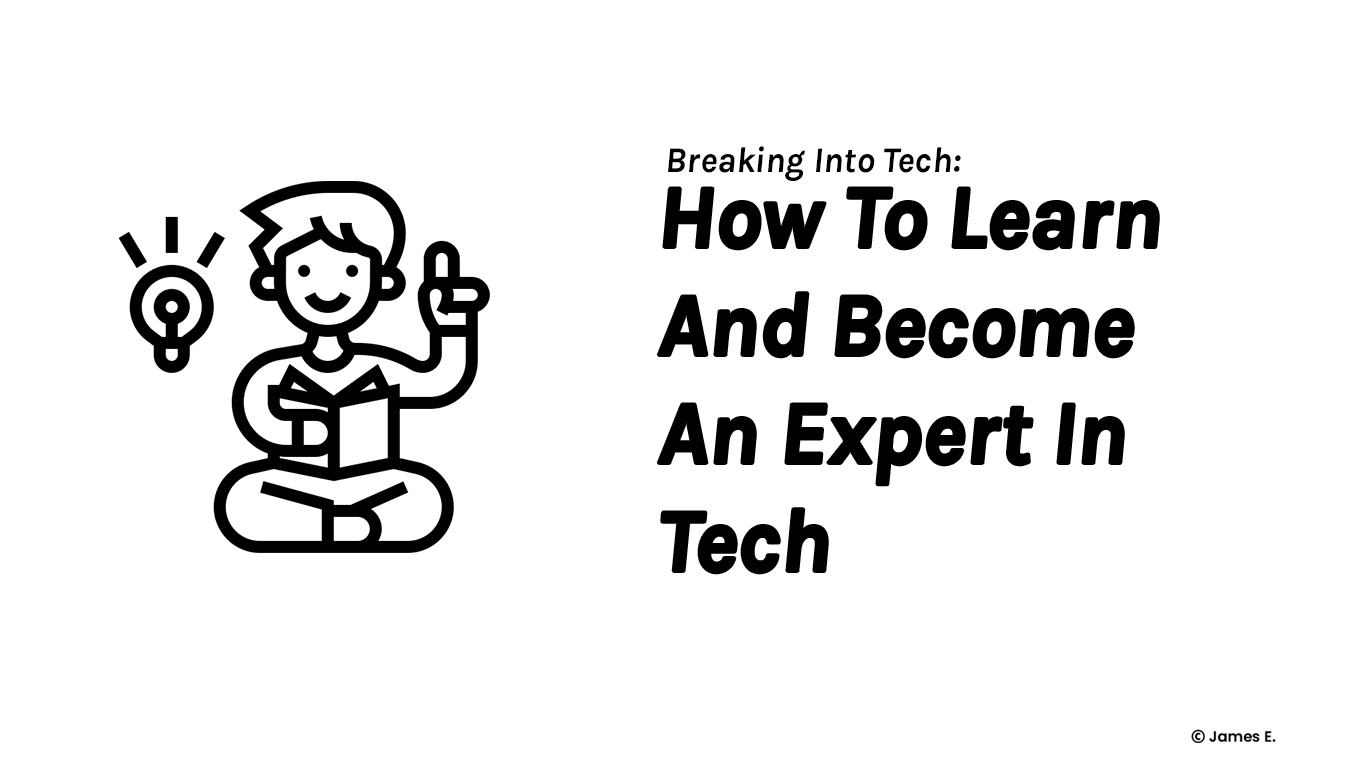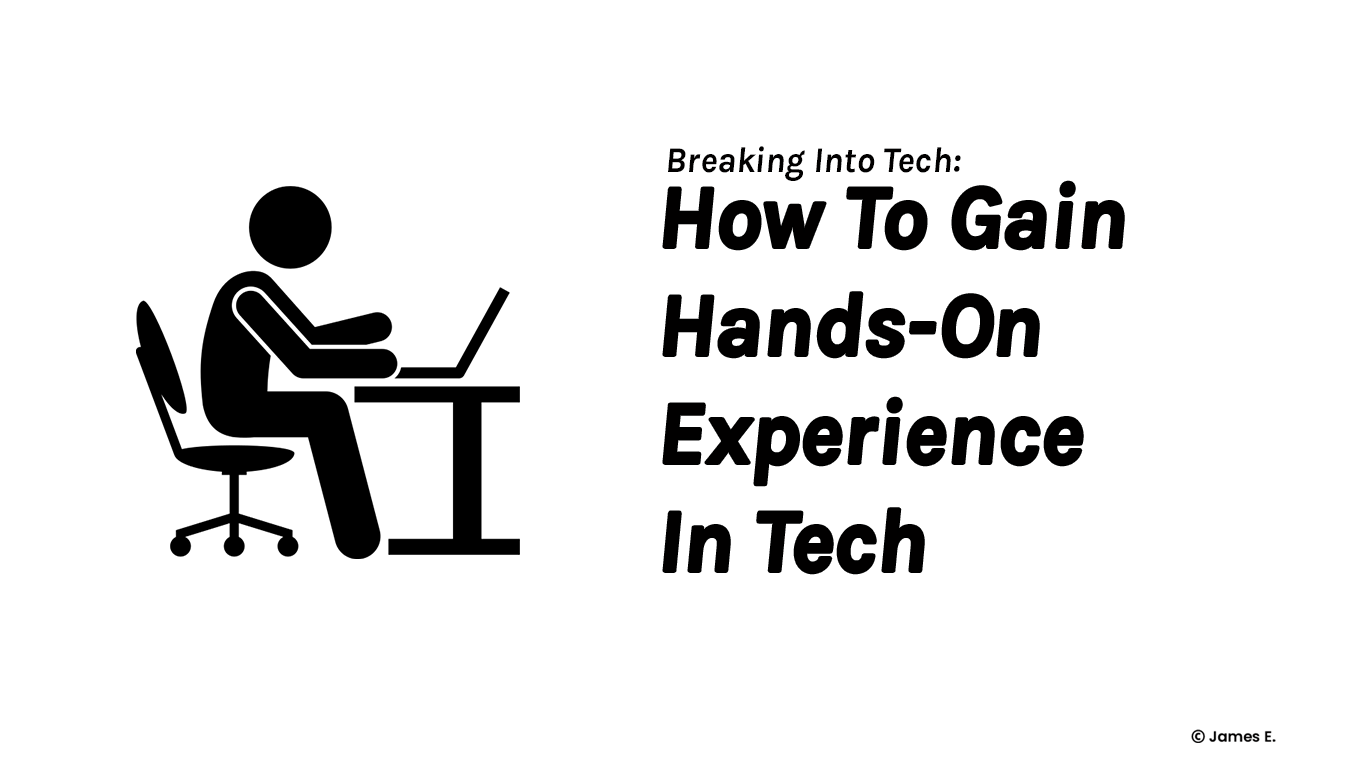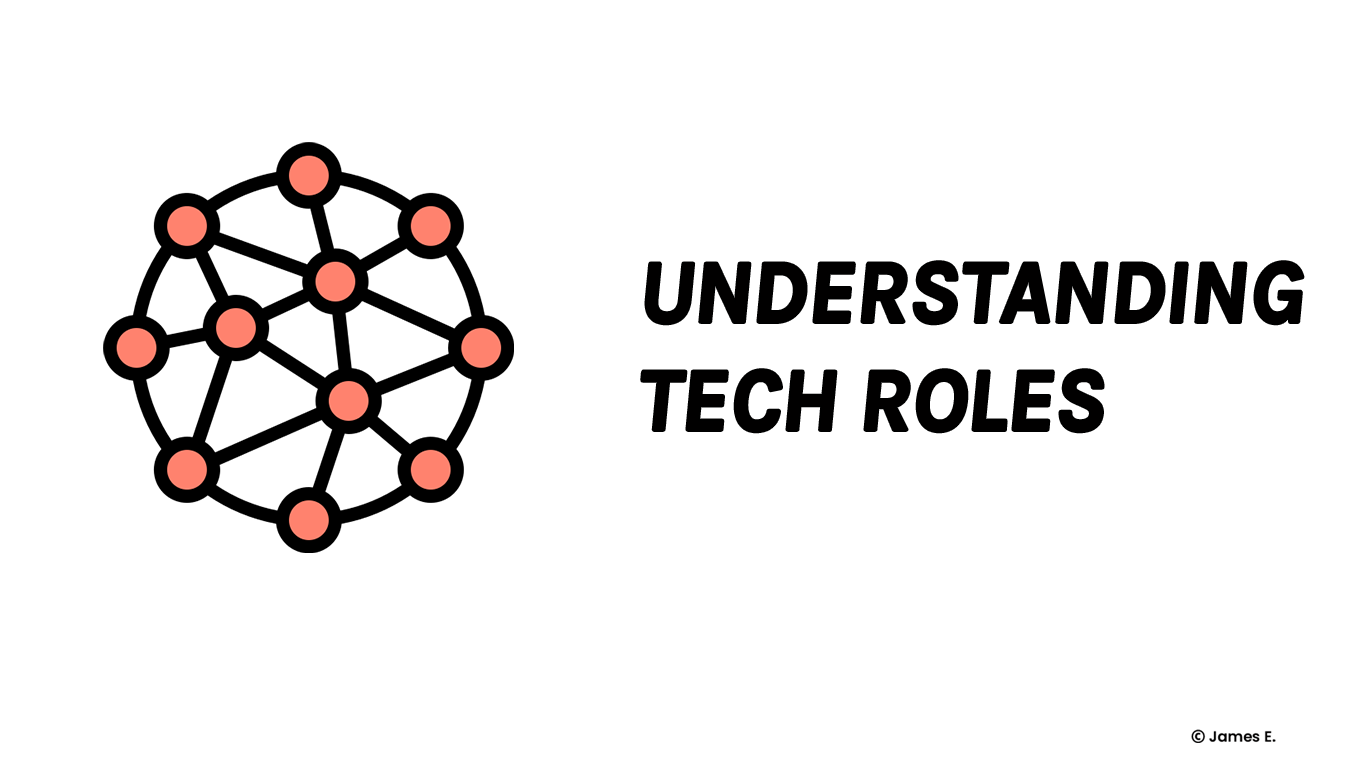
The tech sector is a broad, dynamic industry that offers professionals a plethora of options in a wide range of fields. Navigating this terrain might be difficult if you don't know how to match the variety of positions that are out there with your long-term objectives and personal interests.
Understanding the various job pathways is essential for making well-informed decisions that guarantee both success and career satisfaction, regardless of whether you're just starting out or looking to make a change in your professional path within technology.
This article will provide some clarity on the field of tech careers. Every field, from programming to design, data science to non-technical professions, has its own potential and skill requirements. You'll learn more about the essential duties, competencies, and contributions of each function and how your passions and strengths might fit in there. This will make it possible for you to forge a route that corresponds with your goals of success and fulfillment in the field.
Tech Roles Categories
Five major categories can be used to categorize the tech industry, and each one includes a wide range of jobs, from managing teams to developing software to securing networks. Gaining an understanding of these areas will lay the groundwork for you to make wise professional decisions and advance into your ideal position. Let us take a look at a few of these roles:
Development Roles: These roles focus on building software and applications.
Design Roles: These roles focus on creating user-friendly and visually appealing products.
Data Science and Analytics Roles: These roles focus on analyzing and interpreting complex data to derive insights, create models, or automate decision-making.
Non-Tech Roles: These roles focus on responsibilities that extend beyond development and design. It involves more management and sales.
Specialized Roles (Other Tech Domains): These are roles that do not fit into the above categories but are crucial in the tech ecosystem such as AI and robotics.
Knowing each of the skills under these roles is essential, so let's run through some of them in more detail:
Skills in Development Roles
Frontend Developer
A Frontend Developer creates the visual elements and user interface of websites and applications, focusing on what users interact with directly. They use languages like HTML, CSS, and JavaScript to build responsive and engaging user experiences that function smoothly across various devices and browsers.
Backend Developer
A Backend Developer builds and maintains the server-side components of applications, focusing on database management, application logic, and server integration. They work with programming languages and frameworks to ensure that the application functions efficiently and securely while handling data and serving client requests.
Mobile and Desktop Developer
A Mobile and Desktop Developer creates applications specifically for mobile devices or desktop computers, ensuring optimal performance and user experience on each platform. They use programming languages and frameworks tailored to the respective environments, developing features and functionalities that cater to users' needs on both mobile and desktop devices.
DevOps Engineer
A DevOps Engineer combines software development and cloud operations to enhance collaboration and efficiency in the software development lifecycle. They automate processes, manage infrastructure, and ensure continuous integration, aiming to improve deployment speed and system reliability.
Embedded Systems Engineer
An Embedded Systems Engineer designs and develops embedded systems that integrate hardware and software to perform specific functions within larger systems such as appliances, automotive systems, and medical equipment.
Game Developer
A Game Developer creates and designs video games for various platforms, including consoles, PCs, and mobile devices. They work on programming, graphics, gameplay mechanics, and storylines, collaborating with artists and designers to deliver engaging and interactive gaming experiences.
Security Engineer/Cybersecurity Expert
They focus on protecting an organization's systems and data from security threats and breaches. They design and implement security measures, conduct risk assessments, and monitor networks for vulnerabilities.
Cloud Engineer
A Cloud Engineer designs, implements, and manages cloud computing solutions, ensuring efficient and secure deployment of applications and services in the cloud. They work with cloud platforms, such as AWS, Azure, or Google Cloud, optimizing resources and providing support for scalability and performance.
Skills in Design Roles
UI/UX Designer
UI/UX designers focus on creating user-friendly, visually appealing interfaces and enhancing product experiences. UI design ensures that elements like buttons and layouts are easy to use, while UX involves understanding user needs and pain points. Mastering skills like user research, wireframing, and usability testing help create products that are both functional and aesthetically pleasing.
Graphic Designer
Graphic design plays a vital role in today’s digital world, creating visual content that communicates ideas effectively across various mediums. Designers use typography, color theory, and imagery to craft eye-catching designs for branding, marketing, and social media.
Product Designer
Product designers manage the design process, combining aesthetics and functionality by researching user needs, creating prototypes, and ensuring usability. They collaborate with engineers and marketers and must possess strong problem-solving and iteration skills to help them create consumer-focused products.
Brand Designer
Brand designers shape a company's visual identity through logos, color schemes, and marketing materials that reflect its values.
Skills in Data Science and Analytics Roles
Data Scientist and Analyst
Data analysts and scientists analyze data using software like Python, Microsoft Excel, SPSS, and a few others to improve decision-making processes and automation.
Data Engineer
A data engineer is a personnel in the industry who develops and maintains the infrastructure and equipment needed for data generation, ensuring that data flows smoothly across systems.
Machine Learning Engineer
A Machine Learning Engineer designs and builds systems that use data to make predictions or automate decision-making. They develop and implement algorithms, working with large datasets to train models that improve over time.
Business Intelligence (BI) Analyst
A Business Intelligence (BI) Analyst collects and analyses data to support strategic decision-making within an organization. They create reports, dashboards, and insights that help improve business performance and identify opportunities.
Data Visualization Specialist
A Data Visualization Specialist transforms complex data sets into visual formats like charts and graphs to make the information more accessible and understandable. They focus on creating clear, engaging visual representations that facilitate data-driven decision-making.
Skills in Non-Tech Roles
Project/Product Manager
A Project/Product Manager oversees the planning, execution, and delivery of projects or products, ensuring they meet business goals and customer needs. They coordinate cross-functional teams, manage timelines and budgets, and communicate with stakeholders throughout the project lifecycle.
Scrum Master
A Scrum Master is a facilitator in Agile development who ensures that the team follows Scrum practices. They help remove obstacles, improve collaboration, and support the team in delivering high-quality products. Their role focuses on coaching the team, fostering communication, and maintaining a productive workflow.
Sales Engineer
A Sales Engineer combines technical expertise with sales skills to sell complex products or services, often in industries like technology or engineering. They work closely with customers to understand their needs, provide solutions, and demonstrate how products can meet those needs effectively.
Customer Success/Support Specialist
A Customer Success/Support Specialist assists customers by addressing inquiries, resolving issues, and ensuring a positive experience with a product or service. They focus on building relationships, providing guidance, and helping customers achieve their desired outcomes.
Marketing Specialist
A Marketing Specialist develops and executes marketing strategies to promote products or services and enhance brand visibility. They analyze market trends, create content, and manage campaigns across various channels to engage target audiences and drive sales.
Technical Recruiter (HR)
A Technical Recruiter specializes in identifying, attracting, and hiring candidates for technical roles, such as software developers or engineers. They assess candidates' skills, understand technical requirements, and collaborate with hiring managers to fill positions that align with the organization's needs.
Technical Writer
A Technical Writer creates clear and concise documentation, such as user manuals, guides, and tutorials, to help users understand complex technical information. They collaborate with subject matter experts to ensure accuracy while making the content accessible to a non-technical audience.
Quality Assurance (QA) Tester
A Quality Assurance (QA) Tester evaluates software applications to ensure they meet specified requirements and function correctly. They design test cases, execute tests, and report bugs to help improve the quality and reliability of the software before it is released to users.
Legal and Compliance Specialist
A Legal and Compliance Specialist ensures that an organization adheres to laws, regulations, and internal policies. They assess risks, develop compliance programs, and provide guidance on legal matters to protect the organization from potential legal issues and penalties.
Skills in Specialised Roles (Other Tech Domains)
Quality Assurance Engineer
A Quality Assurance Engineer develops and implements testing processes to ensure software products meet quality standards and function as intended. They automate testing, identify defects, and collaborate with development teams to enhance product reliability and user experience.
System Administrator
A System Administrator manages and maintains an organization's IT infrastructure, including servers, networks, and hardware. They ensure system reliability, security, and performance by configuring, monitoring, and troubleshooting systems, as well as implementing updates and backups.
Network Engineer
A Network Engineer designs and manages computer networks to ensure efficient data communication within an organisation. They configure network hardware, troubleshoot connectivity issues, and optimize network performance to meet the organization's needs.
Robotics Engineer
A Robotics Engineer designs, builds, and tests robotic systems and machines that can perform tasks autonomously or semi-autonomously. They apply principles of mechanical, electrical, and software engineering to create innovative solutions for various applications, from manufacturing to healthcare.
Artificial Intelligence (AI) Specialist
An Artificial Intelligence (AI) Specialist develops and implements AI models and algorithms to solve complex problems and enhance systems with intelligent capabilities. They work on tasks such as machine learning, natural language processing, and computer vision to create applications that can learn from data and make autonomous decisions.
Blockchain Developer
A Blockchain Developer designs and implements blockchain-based solutions, focusing on creating secure and decentralized applications. They work with blockchain technologies, smart contracts, and consensus algorithms to build systems that facilitate transparent and tamper-proof transactions.
Conclusion
Finally, Building a successful career in the tech business requires an understanding of the variety of roles that are available. You put yourself in a position for long-term success and fulfillment when you match your passions with appropriate opportunities. The secret to success is constant learning and adaptation, regardless of your preference for development, design, data science, or non-technical professions.
The tech world is always changing, and so are your abilities and awareness of your place in it. You can create a career path that fulfills industry requirements and advances your personal and professional goals if you have the appropriate information and mindset.

